[Americana] [Rough Riders] Collection of 54 Photographic Glass Lantern Slides Likely Camp Wikoff at Montauk Point, New York, and Tampa, Florida, ca. 1898. Group of 54 contemporary glass lantern slides depicting American soldiers of the 1st United States Volunteer Cavalry, and others, famously remembered as the "Rough Riders," during the Spanish-American War. Each slide measuring 3 1/4 x 4 1/4 in. (82 x 108 mm). Some slides with later numbering labels; many slides worn, with glass cracked and chipped; original tape along many slide edges perished or separating, one slide with tape replaced in corners; many slides now separated into two glass sheets; numerous slides oxidizing; in wooden box. A fascinating and seemingly unrecorded collection of 54 contemporary glass lantern slides depicting the 1st United States Volunteer Cavalry who fought in the Spanish-American War (1898). Known by their nickname, the Rough Riders, they were led by future president Theodore Roosevelt (1858-1919), and are remembered for their action during the Battle of San Juan Hill in Cuba. The majority of these slides (34 of 54) depict the military quarantine encampment, Camp Wikoff, at Montauk Point, Long Island, New York, following the company's service in Cuba. The remaining 19 slides were likely taken in Tampa, Florida, the location of the company's deployment, and depict their military encampment, and include three city scenes. Roosevelt is pictured in three photographs in this collection, all likely at Camp Wikoff. In one he is seen speaking to what appears to be Lieutenant Colonel Alexander Oswald Brodie (1849-1918), in another he is pictured on horseback at the head of a cavalry unit, and in the last he is seen seated in the background while attending what is likely a church service held by Chaplain Henry A. Brown, the company's cleric. Three slides feature the company's animal mascots who were present at Camp Wikoff and in Tampa, including an eagle named in Roosevelt's honor and posed with an African American man, as well as a mountain lion named Josephine. The majority of these photographs are vernacular in nature and depict soldiers posing and congregating for the camera, some posed with guns raised. Many soldiers are pictured on horseback (one shows a soldier on a rearing horse), and some individual soldiers are present across a few slides and in various poses. Following the Rough Riders' service in Cuba they returned to the United States to convalesce at Camp Wikoff at Montauk Point on Long Island, New York on August 14, 1898. Camp Wikoff served as the primary military camp for American soldiers returning from the various fronts of the war, and within days of the camp's opening in August 1898, more than 20,000 troops were stationed there. Many soldiers returned sickened with malaria, yellow fever, and malnourishment, and spent nearly six weeks at the camp recovering. The Rough Riders were disbanded a month after their arrival, on September 15. While stereoscopic views of Camp Wikoff and Tampa are fairly common, glass lantern slides are seemingly less so, and likewise, these images have not been located in the Library of Congress's various online photographic collections of the Rough Riders. Numerous photographic companies, including Strohmeyer & Wyman, Underwood & Underwood, the American Stereoscopic Company, published views of the Rough Riders at Camp Wikoff, and photojournalist Frances Benjamin Johnston (1864-1952) was particularly well known for her images of the soldiers there.
[Americana] [Rough Riders] Collection of 54 Photographic Glass Lantern Slides Likely Camp Wikoff at Montauk Point, New York, and Tampa, Florida, ca. 1898. Group of 54 contemporary glass lantern slides depicting American soldiers of the 1st United States Volunteer Cavalry, and others, famously remembered as the "Rough Riders," during the Spanish-American War. Each slide measuring 3 1/4 x 4 1/4 in. (82 x 108 mm). Some slides with later numbering labels; many slides worn, with glass cracked and chipped; original tape along many slide edges perished or separating, one slide with tape replaced in corners; many slides now separated into two glass sheets; numerous slides oxidizing; in wooden box. A fascinating and seemingly unrecorded collection of 54 contemporary glass lantern slides depicting the 1st United States Volunteer Cavalry who fought in the Spanish-American War (1898). Known by their nickname, the Rough Riders, they were led by future president Theodore Roosevelt (1858-1919), and are remembered for their action during the Battle of San Juan Hill in Cuba. The majority of these slides (34 of 54) depict the military quarantine encampment, Camp Wikoff, at Montauk Point, Long Island, New York, following the company's service in Cuba. The remaining 19 slides were likely taken in Tampa, Florida, the location of the company's deployment, and depict their military encampment, and include three city scenes. Roosevelt is pictured in three photographs in this collection, all likely at Camp Wikoff. In one he is seen speaking to what appears to be Lieutenant Colonel Alexander Oswald Brodie (1849-1918), in another he is pictured on horseback at the head of a cavalry unit, and in the last he is seen seated in the background while attending what is likely a church service held by Chaplain Henry A. Brown, the company's cleric. Three slides feature the company's animal mascots who were present at Camp Wikoff and in Tampa, including an eagle named in Roosevelt's honor and posed with an African American man, as well as a mountain lion named Josephine. The majority of these photographs are vernacular in nature and depict soldiers posing and congregating for the camera, some posed with guns raised. Many soldiers are pictured on horseback (one shows a soldier on a rearing horse), and some individual soldiers are present across a few slides and in various poses. Following the Rough Riders' service in Cuba they returned to the United States to convalesce at Camp Wikoff at Montauk Point on Long Island, New York on August 14, 1898. Camp Wikoff served as the primary military camp for American soldiers returning from the various fronts of the war, and within days of the camp's opening in August 1898, more than 20,000 troops were stationed there. Many soldiers returned sickened with malaria, yellow fever, and malnourishment, and spent nearly six weeks at the camp recovering. The Rough Riders were disbanded a month after their arrival, on September 15. While stereoscopic views of Camp Wikoff and Tampa are fairly common, glass lantern slides are seemingly less so, and likewise, these images have not been located in the Library of Congress's various online photographic collections of the Rough Riders. Numerous photographic companies, including Strohmeyer & Wyman, Underwood & Underwood, the American Stereoscopic Company, published views of the Rough Riders at Camp Wikoff, and photojournalist Frances Benjamin Johnston (1864-1952) was particularly well known for her images of the soldiers there.
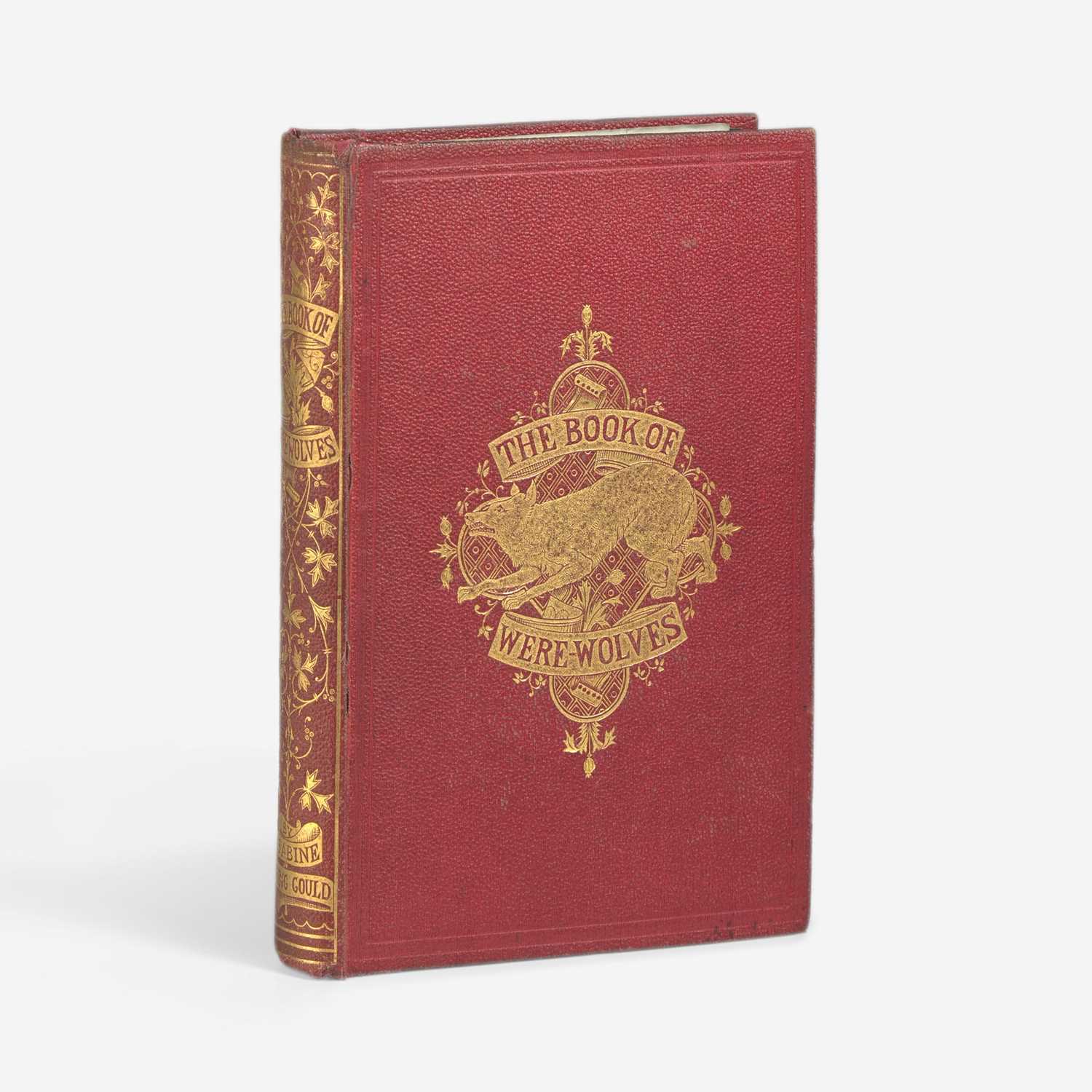
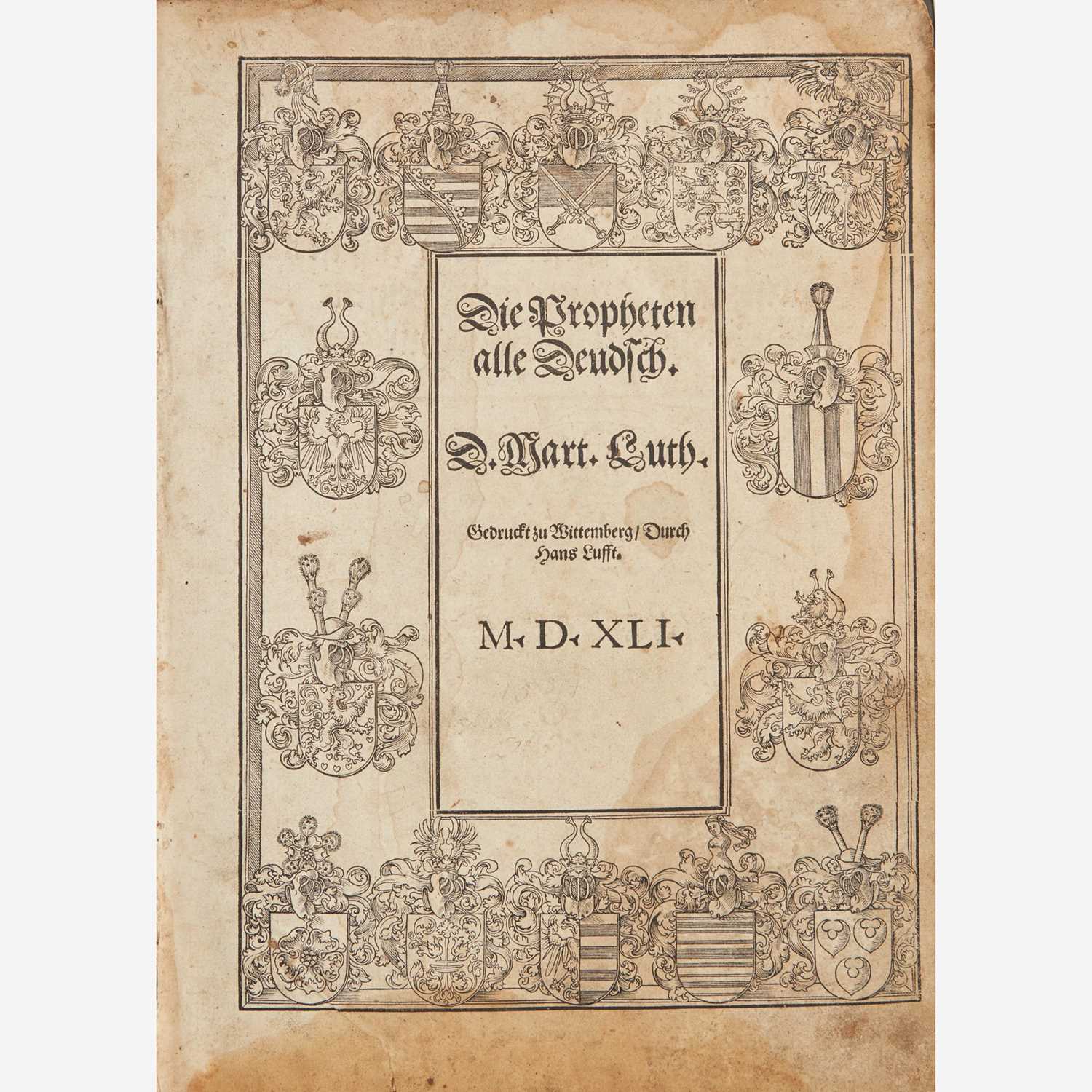
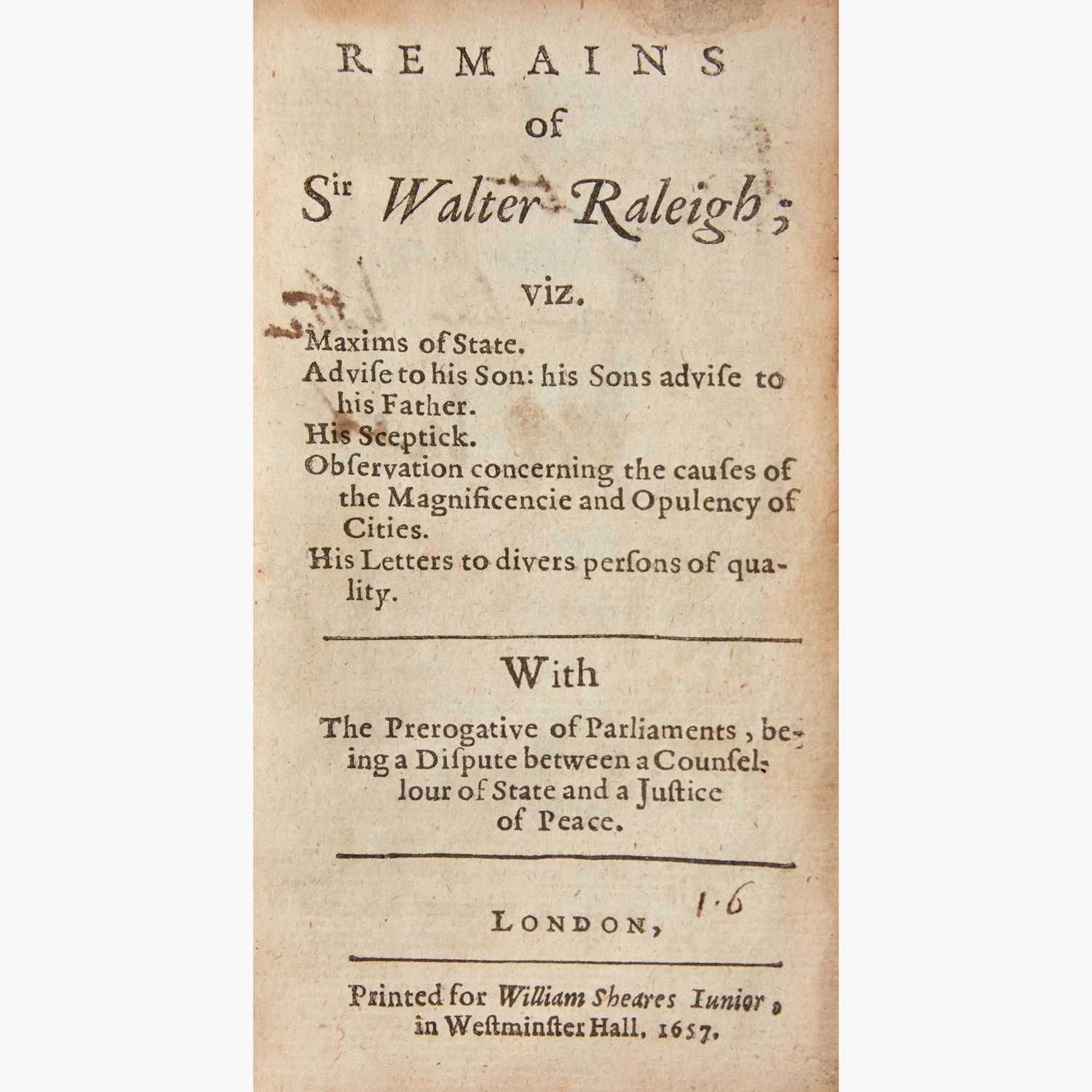
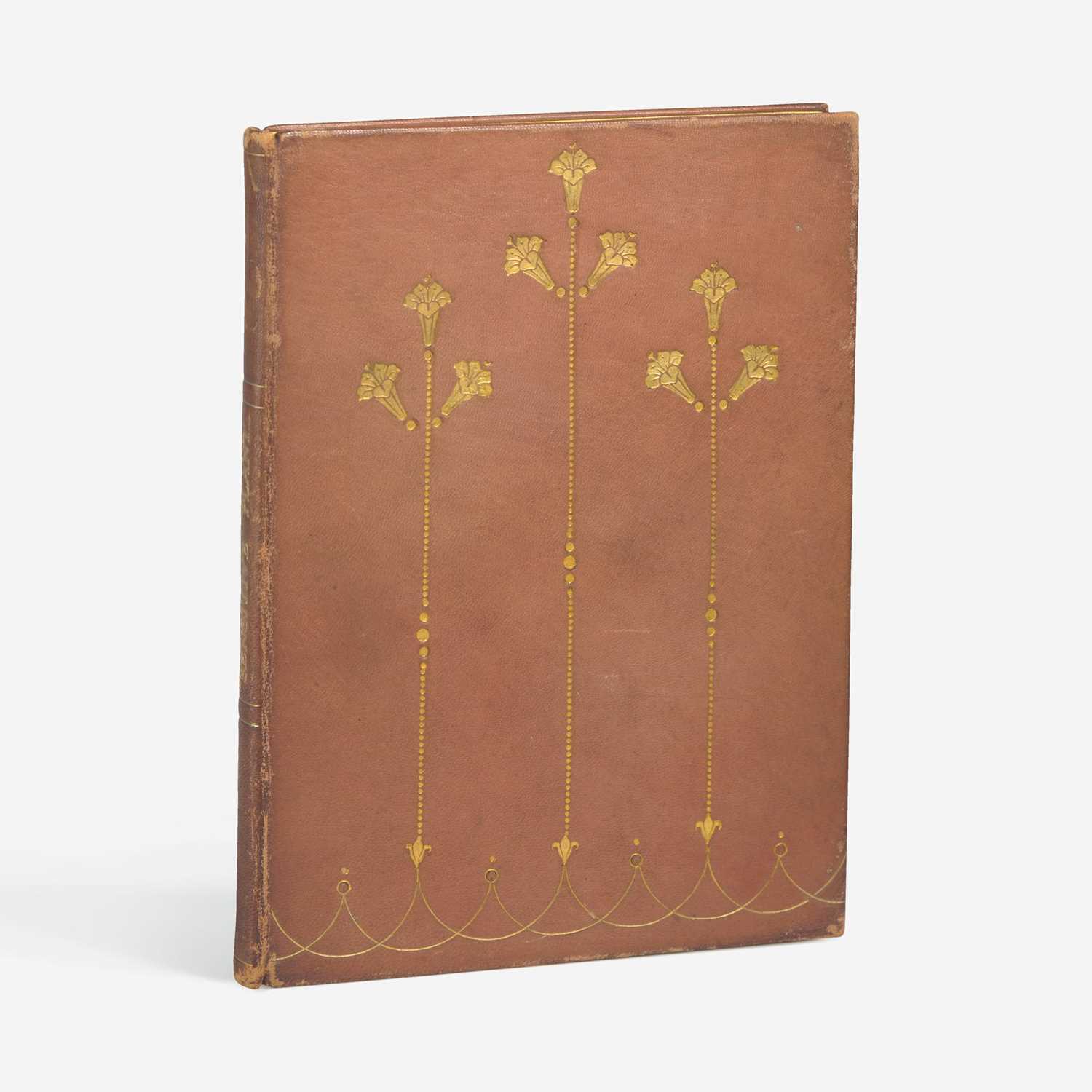
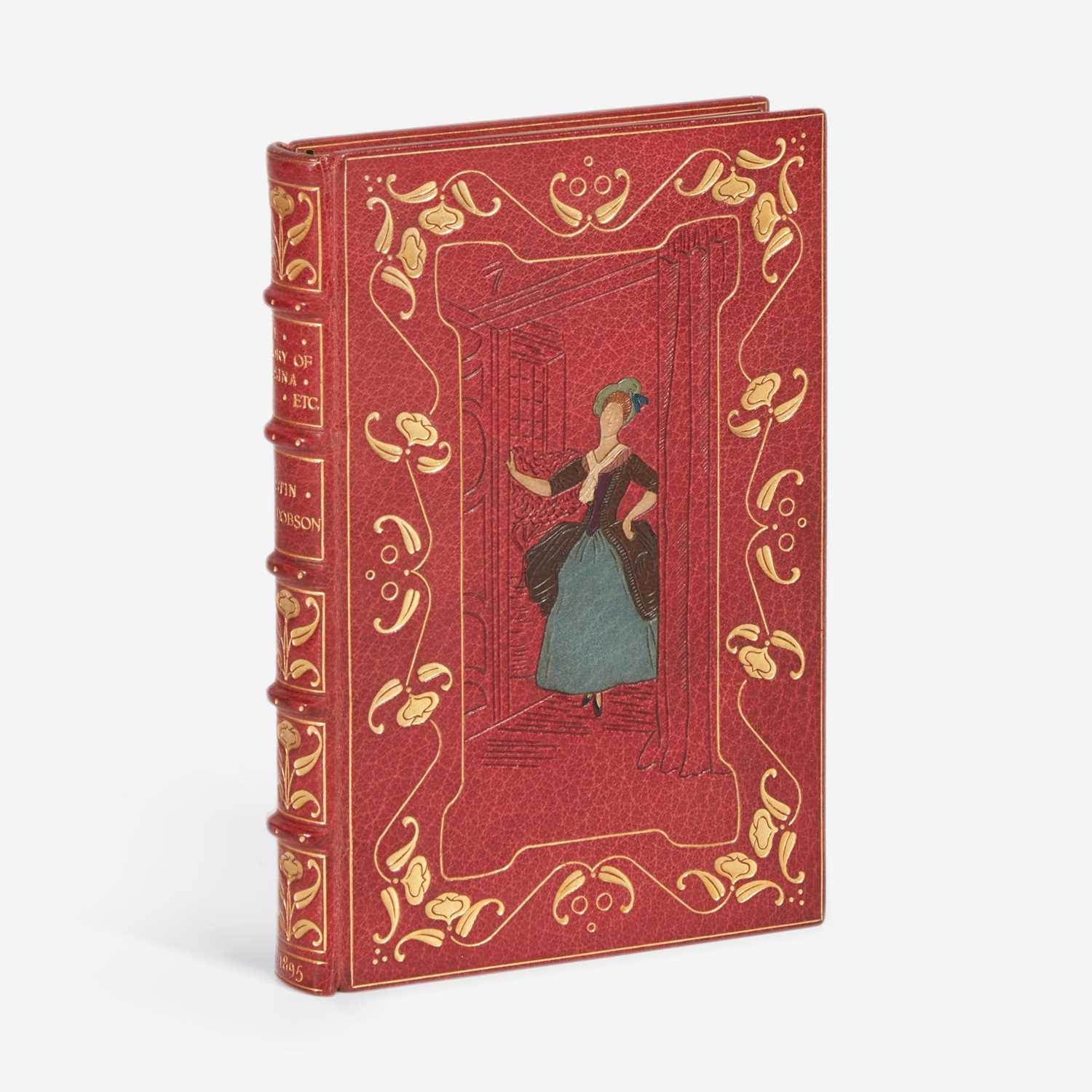
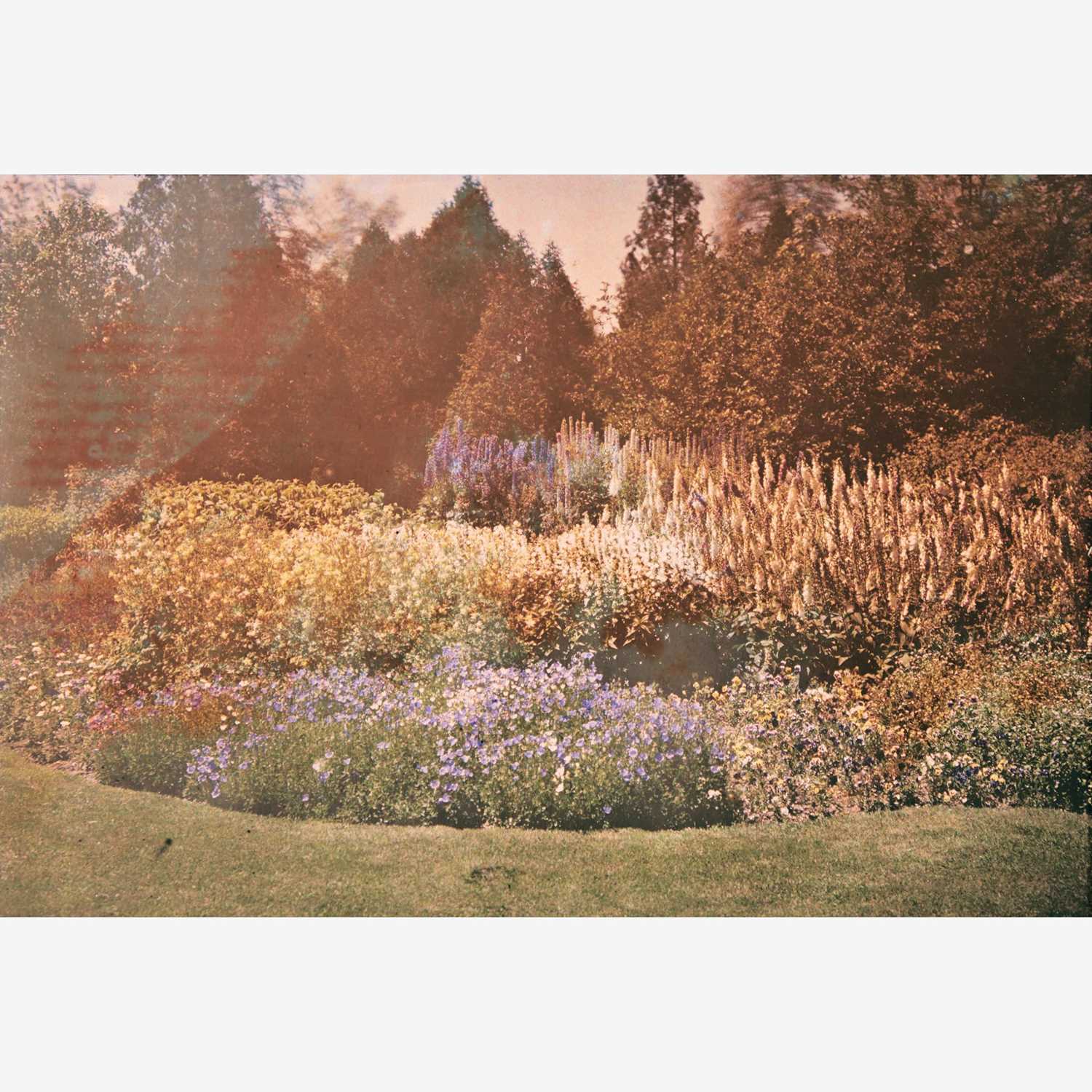
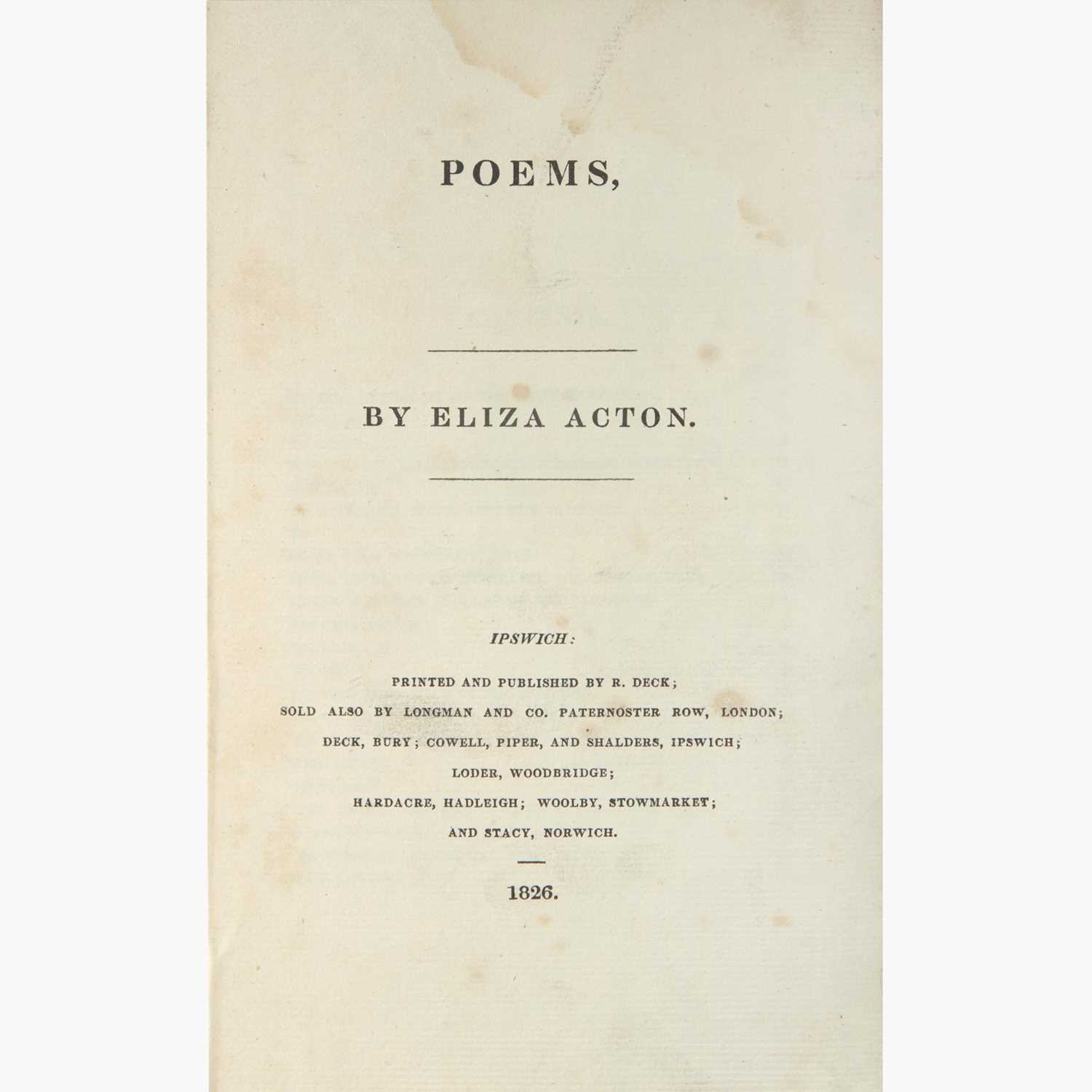
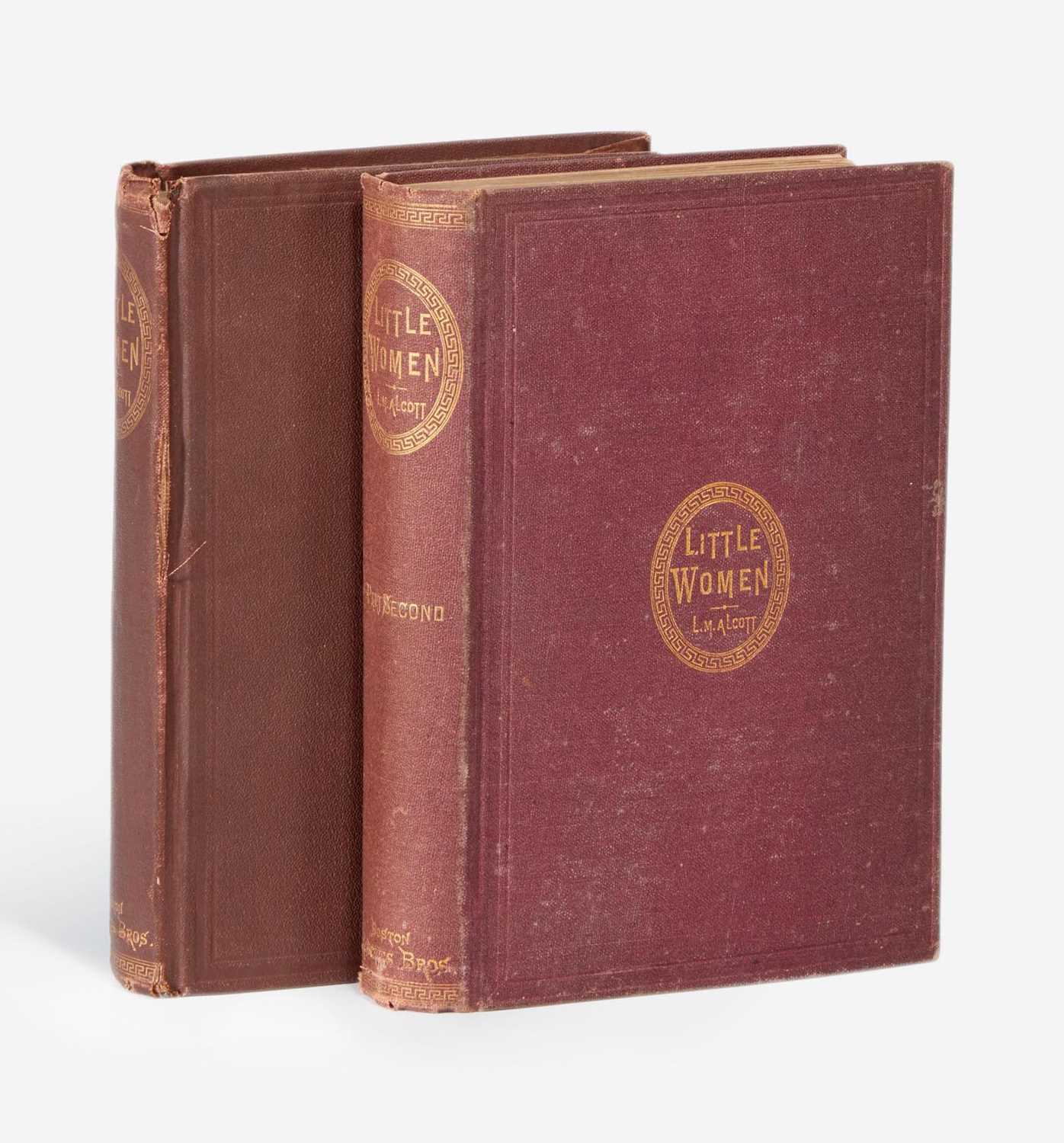
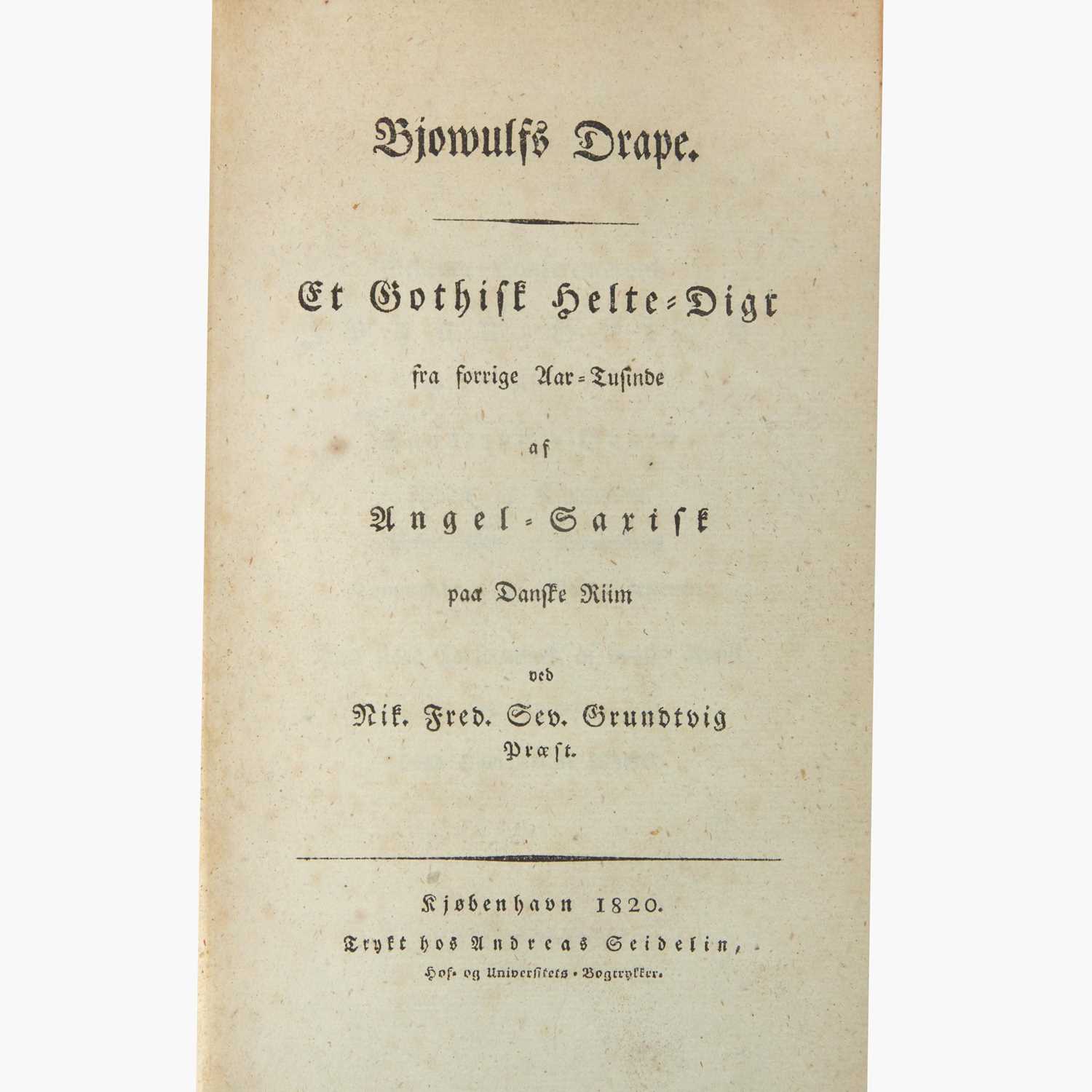
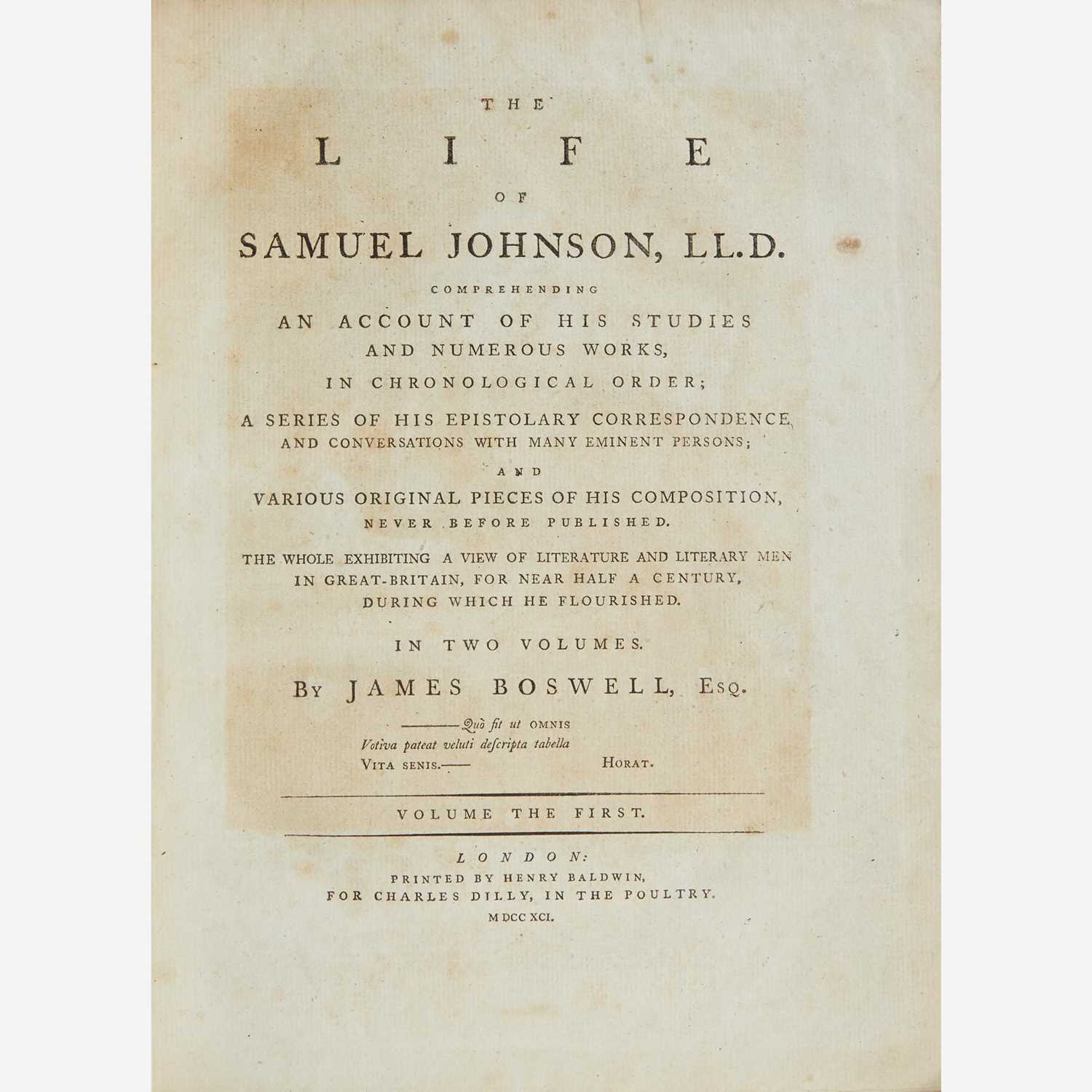
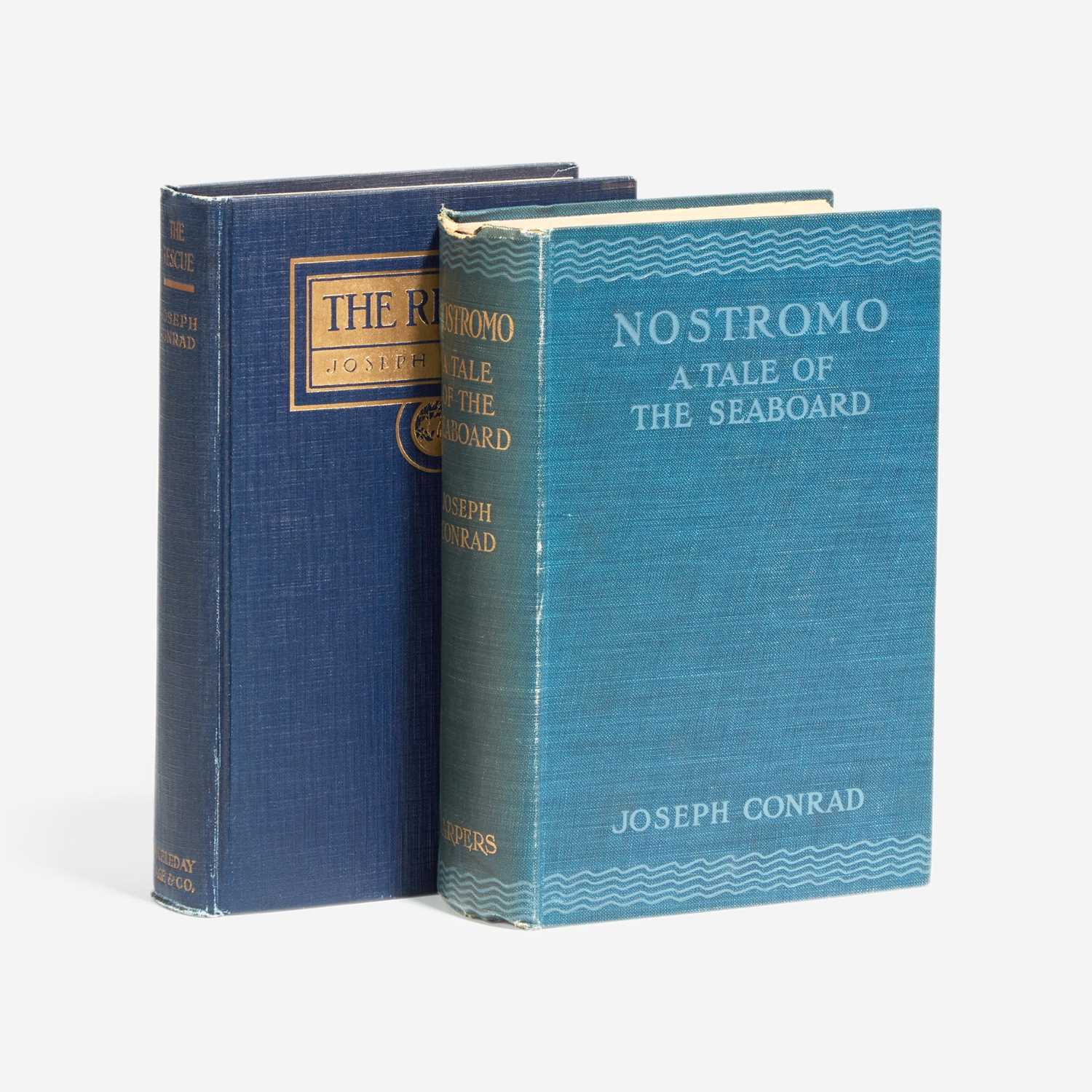
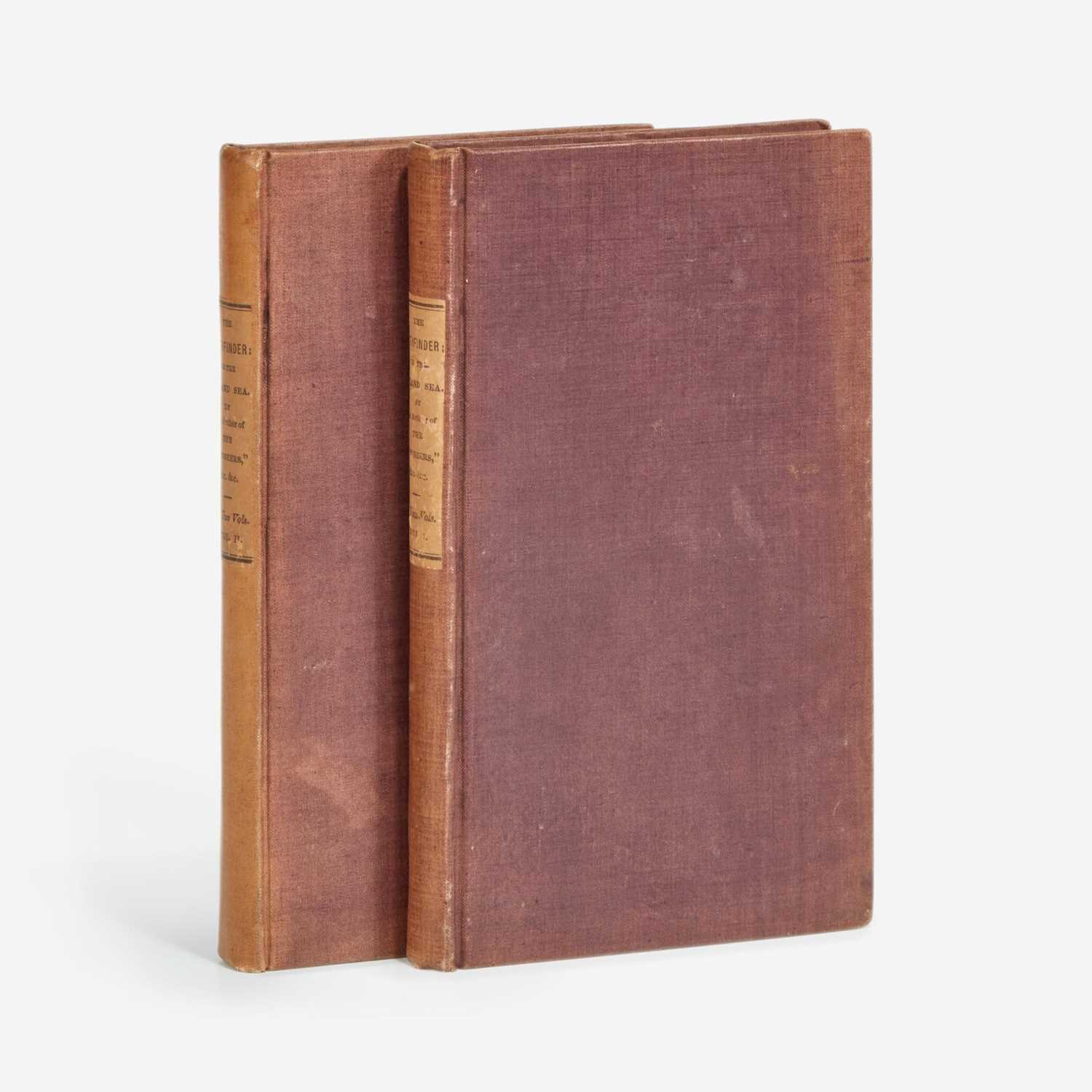
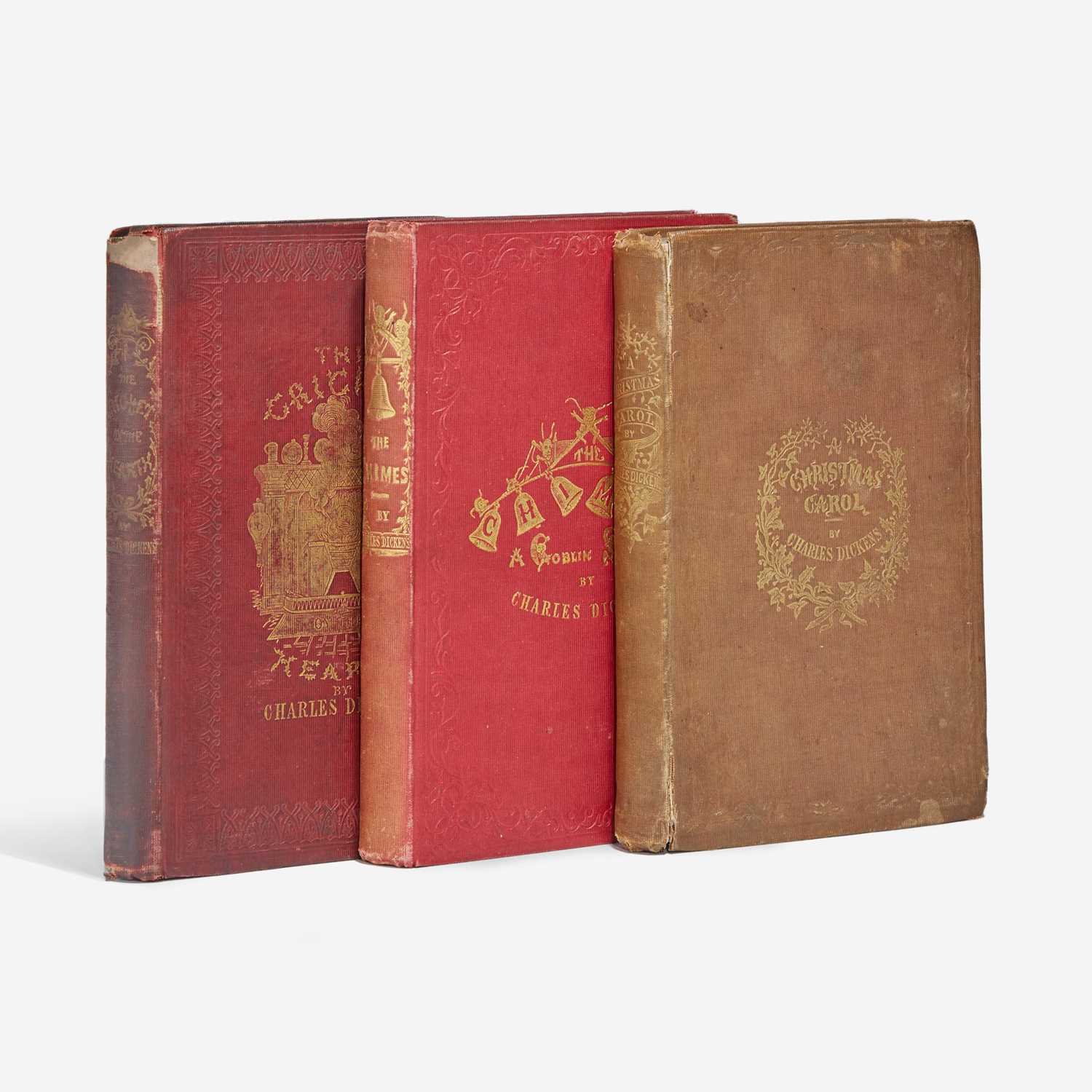
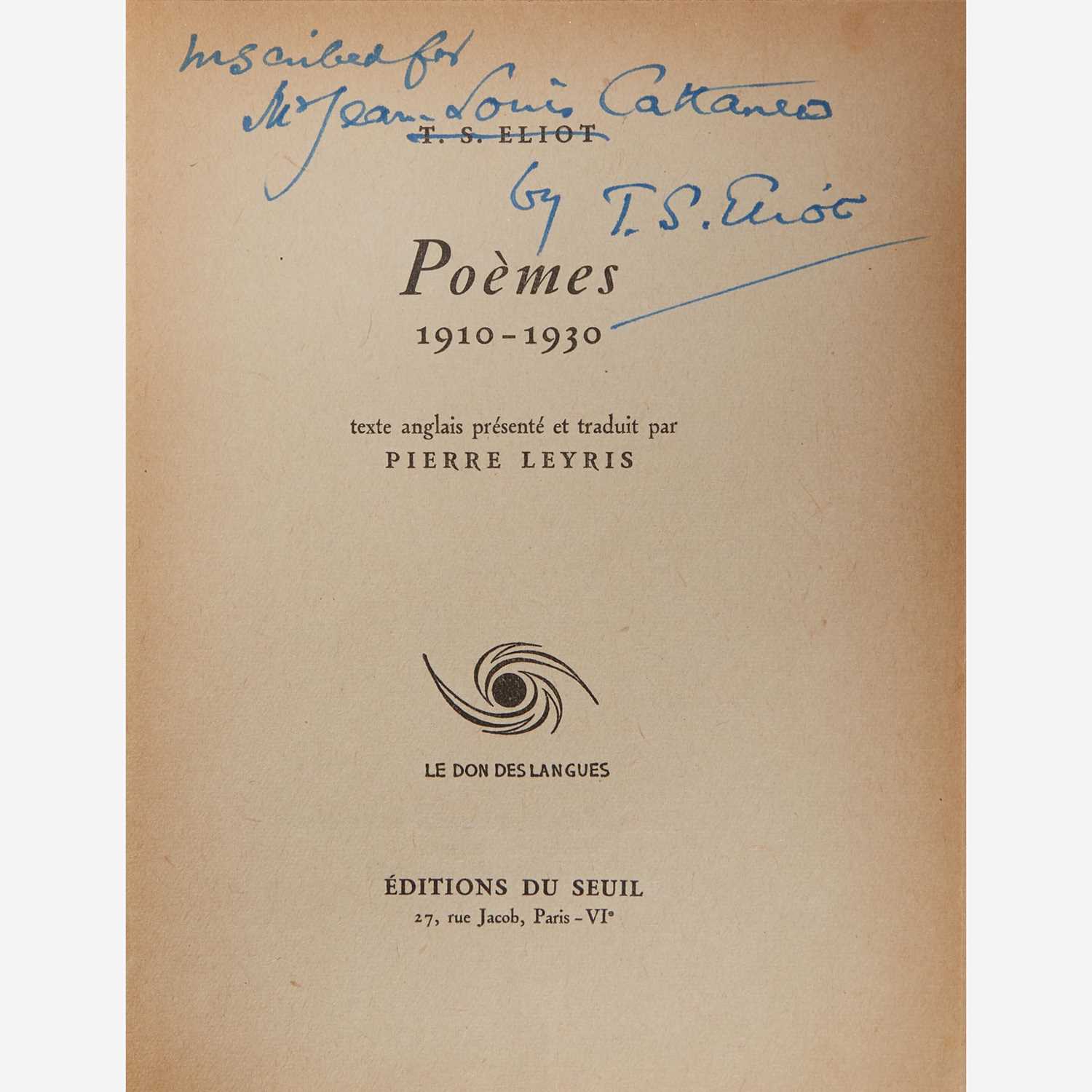
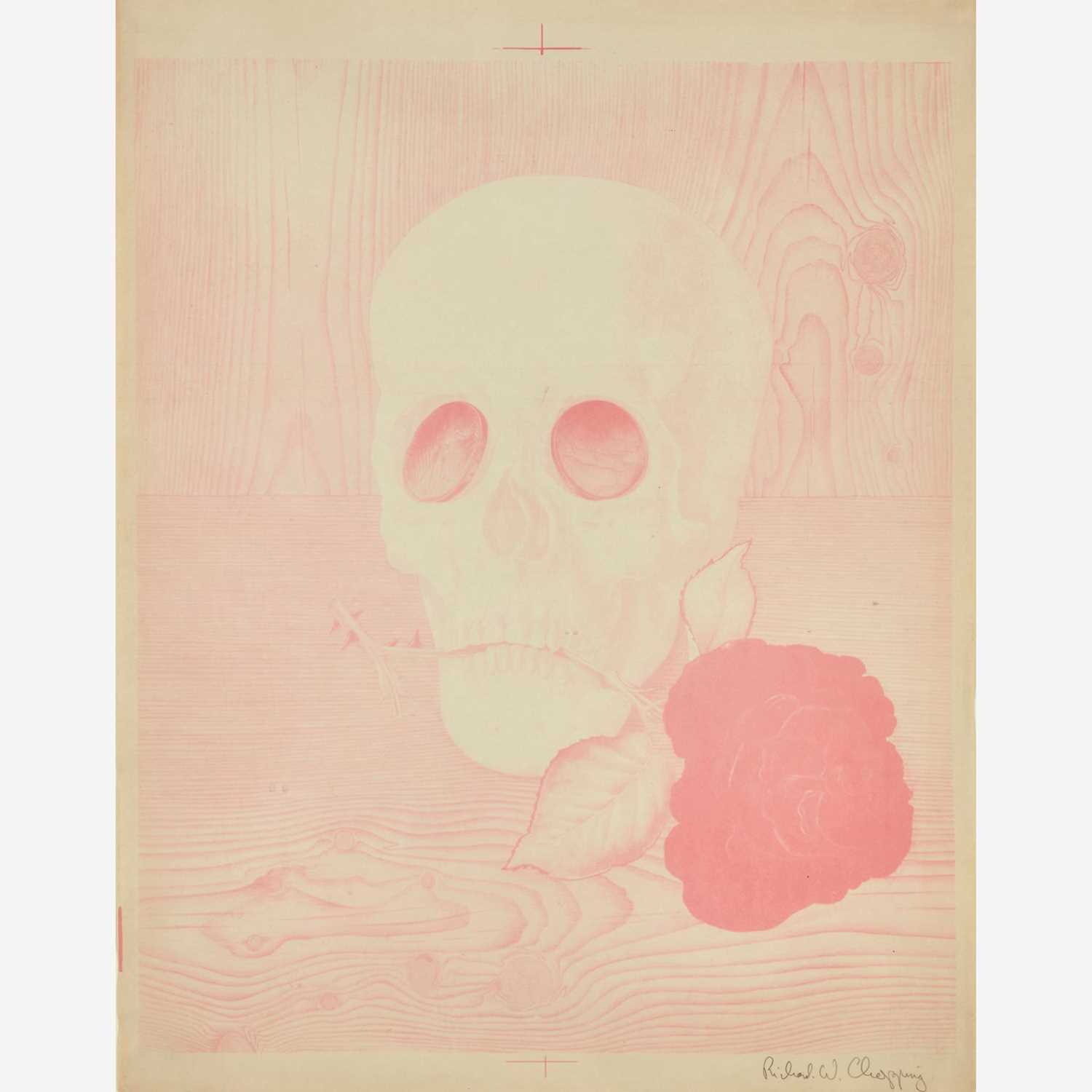
Testen Sie LotSearch und seine Premium-Features 7 Tage - ohne Kosten!
Lassen Sie sich automatisch über neue Objekte in kommenden Auktionen benachrichtigen.
Suchauftrag anlegen